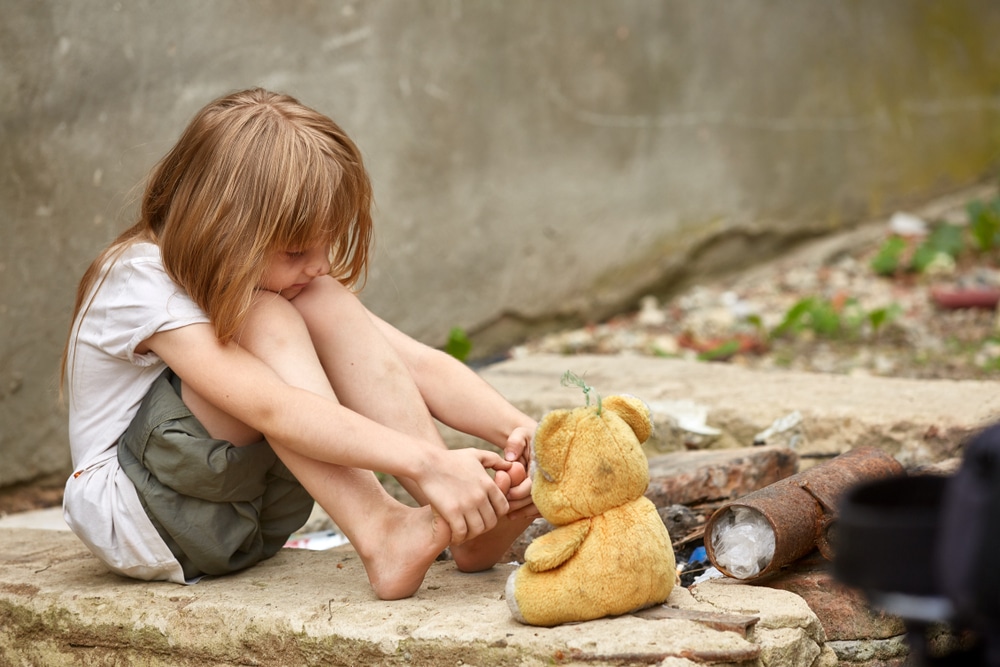Dr. Natalia Kanem
Executive Director
United Nations Population Fund
605 3rd Ave, New York, NY 10158
Henrietta Fore
UNICEF House
3 United Nations Plaza
New York, New York 10017
Dear Directors Kanem and Fore,
Having Kids is nonprofit organization dedicated to replacing subjective and parent-focused family planning models with the human rights-based and child-focused Fair Start model. We and other organizations have asked the Secretary General of the United Nations to speak out on the need for better family planning models that focus on delay, cooperation, and families that invest more in each child.
As the impacts of the climate crisis manifest, and studies confirm that simply improving access to family planning services will not accomplish what was previously predicted, there is an urgent need to revisit the ethical models that underlie and drive family planning laws, policies, funding, etc. Can we do better than treating the act of bringing a child into the world as a matter parents decide in isolation from their community? We think so.
The best reading of the Children’s Rights Convention is that it prohibits children from being born into conditions the Convention is attempting to reform. Preventing violations of the rights of future children, while respecting the rights of intending parents, requires something more internationally cooperative than a model where parents are walled off from others in their decision to have children.
We believe Fair Start modeling provides one cooperative path forward, and that public statement by the UNFPA and UNICEF regarding changing the underlying ethical modeling is the necessary first step. We believe it open the door for things like family planning delay and relocation payments, which under new modeling are more akin to entitlements for future children than incentives for parents.
More specifically, we are urging you, as heads of the key international organizations responsible for shaping family planning modeling, to speak out about the need for a universal ethic of sustainable families who cooperatively work together to give every child a fair start in life. New modeling, which would require explicitly abandoning old modeling that treats family planning as a matter of parental privacy or autonomy, could be the most effective solution to many of the crises facing the world today.
A child-first model, based on giving all kids a fair start in life, would advance all 17 of the U.N.’s Sustainable Development Goals. The following is a framework for a possible statement:
The responsibilities referred to in the ICPD Programme of Action ensure progress toward the Sustainable Development Goals and the goals of the Convention on the Rights of the Child. Helping parents fulfill those responsibilities could be achieved though policies that, without discrimination or coercion, 1) encourage prospective parents to delay parenthood, 2) encourage communities and their governments to ensure all parents the resources they need to give their child equal opportunities in life relative to other children, as well as 3) encourage prospective parents to choose a sustainable family so that they can invest more time and resources in each child.
We believe new family planning modeling could save countless lives.
The international community, including key United Nations agencies, requires minimum standards of care for children. But we don’t apply those same standards in family planning models. Why not? Could we afford to do that, through future child entitlements, if we promoted a universal ethic of sustainable families and shifted the savings? We think so.
Thank you for considering our request.
Sincerely,
The Phelps-Mathews Family
Erika and Willow
Executive Director of Having Kids, and her daughter, age 11
Having Kids is a 501(c)3 nonprofit nonprofit organization dedicated to reforming family planning by replacing parent-centered family planning models with the human rights-based and child-first Fair Start model.
Today, Having Kids is calling on the United Nations to back up its commitment to protect children. The international community, including key United Nations agencies, requires minimum standards of care for children. But we don’t apply those same standards in family planning models. Why not? Could we afford to do that, through future child entitlements, if we promoted a universal ethic of sustainable families and shifted the savings? We think so. Help us urge the UNFPA and UNICEF to consider the change. Here’s what we sent to the UN:


